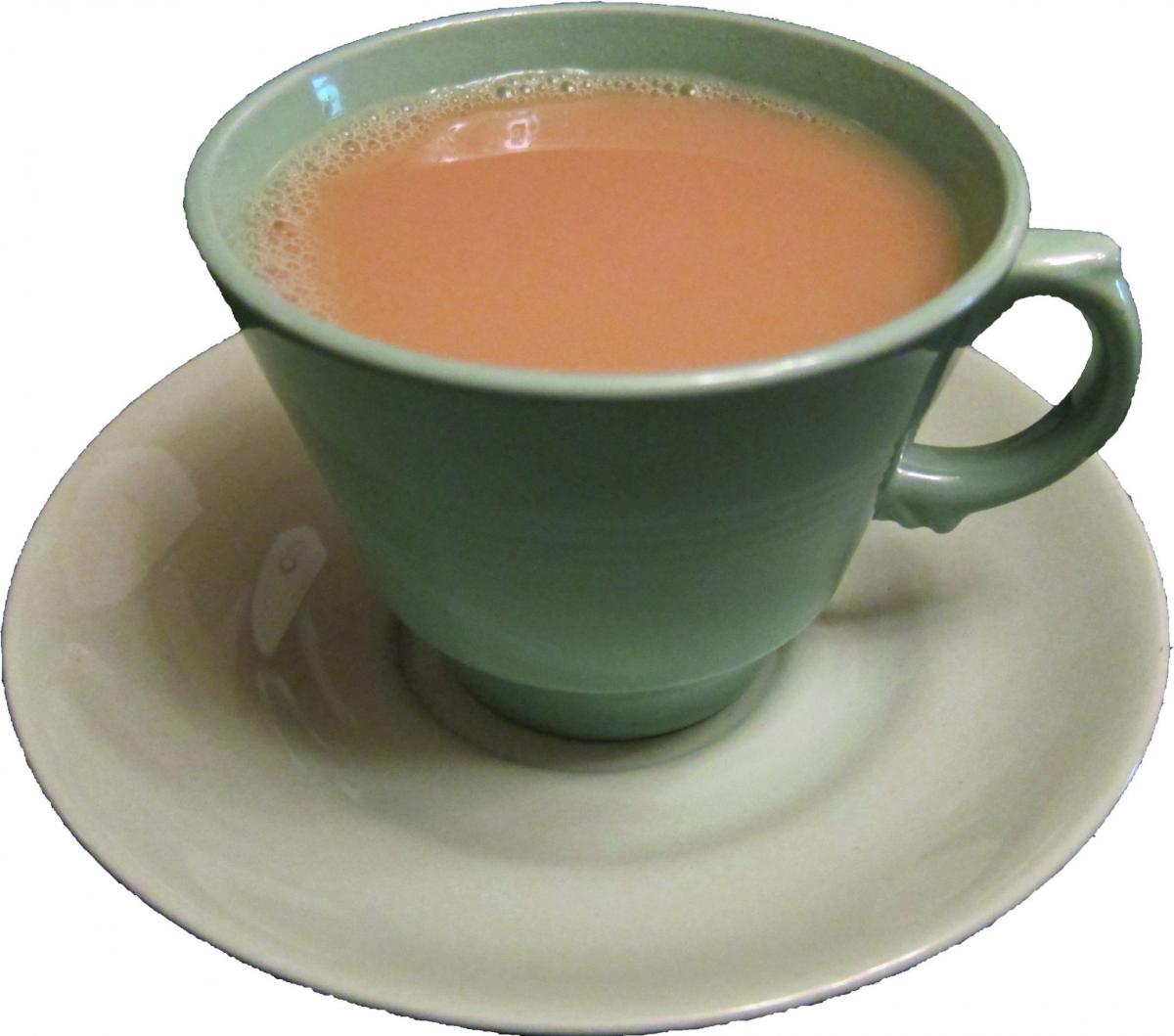


According to legend, Chinese emperor Shen Nung was sitting beneath a tree, while his servant boiled some water. Some leaves from the tree blew into the water and Shen Nung, a keen amateur herbalist, decided to drink the accidental infusion - thus inventing tea. This story is almost certainly absolute horse shit, and is just as likely to have been invented by those weary looking chips from the PG tips adverts of the 1970s. However… tea drinking certainly became established in China, along with writing, the printing press and organised firework displays while people in the ‘West’ were still inventing the stick. Containers for tea have been found in tombs dating from the Han dynasty (206-220AD) but it was under the Tang dynasty that tea drinkin really took off. Although it was many centuries later that the chocolate digestive came into being. (The story goes that a man was drinking a cup of tea in 1953 AD when a biscuit accidentally became partially submerged in his brew having been dropped from the beak of a passing seagull. He was inspired to invent the chocolate biscuit that very afternoon.) But we’re getting ahead of ourselves. The tea drinking craze moved to Japan from China when Buddhist monks brought back the idea with them and it soon became a vital part of Japanese culture. Tea first became a thing in Europe when it was brought back to the continent by the Dutch and Portuguese although it remained a preserve of the aristocracy, along with incest and recreational sailing. It was the marriage of Charles II to Portuguese princess Catherine of Braganza that made the drink fashionable in Britain, with the East India Company capitalising on the growing trend and beginning to import tea from Java in 1664. Such was the popularity of tea that the British government at the time began to levvy putative taxes on the leaves - as a direct result, tea producers began cutting their product with other products to maintain their profits. Some producers even took to using dung to make it look more like tea - a tradition that still continues today with ‘Yorkshire Tea’. Luckily in 1784 Prime Minister William Pitt the Younger decided that enough was enough and slashed the tax from 119 per cent to 12.5 per cent - opening the floodgates for tea to became the drink that made Britain Great (along with the establishment of an oppressive empire).